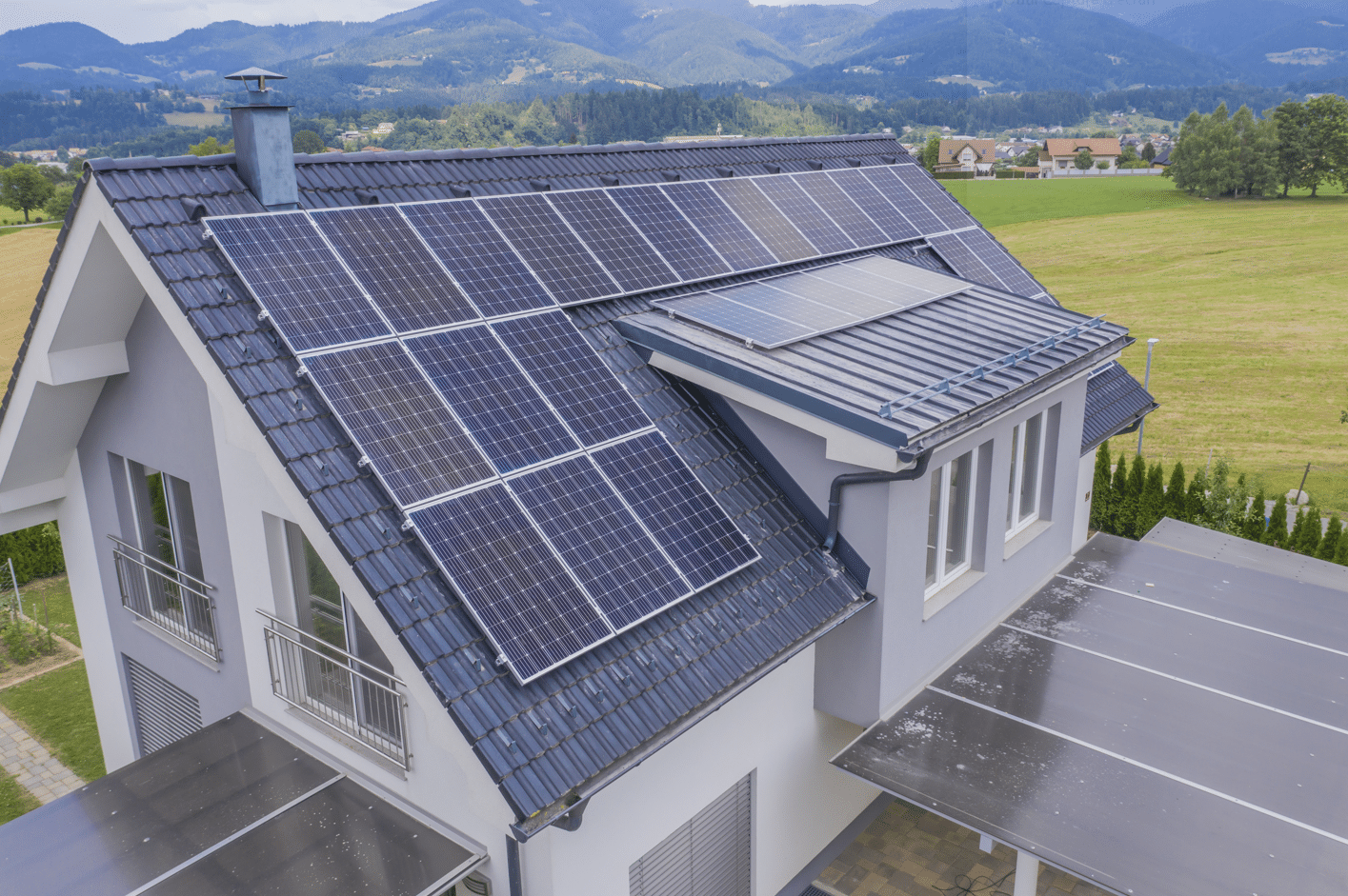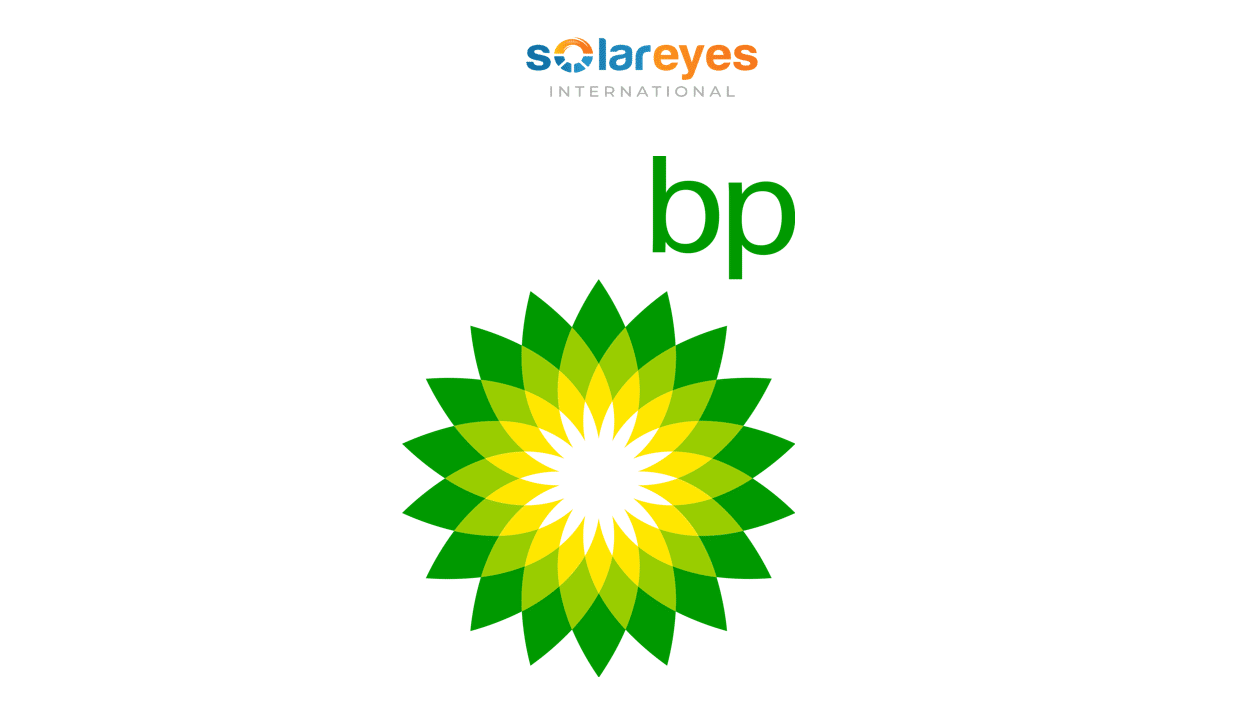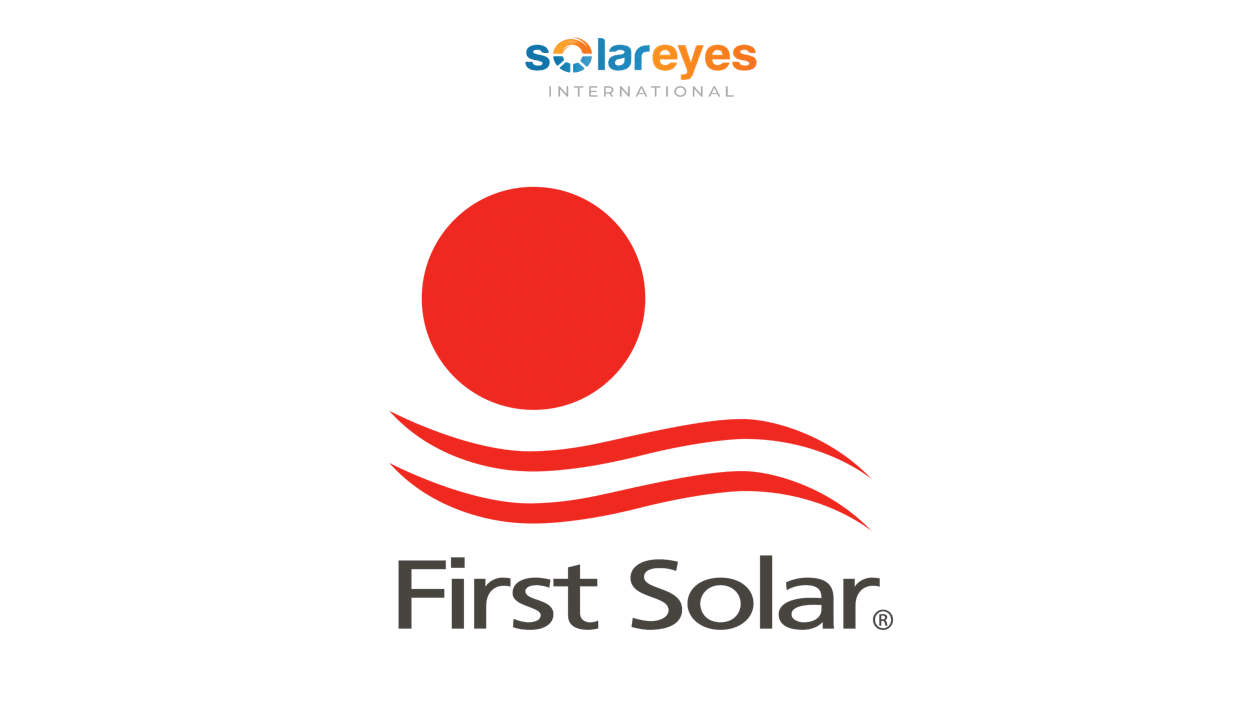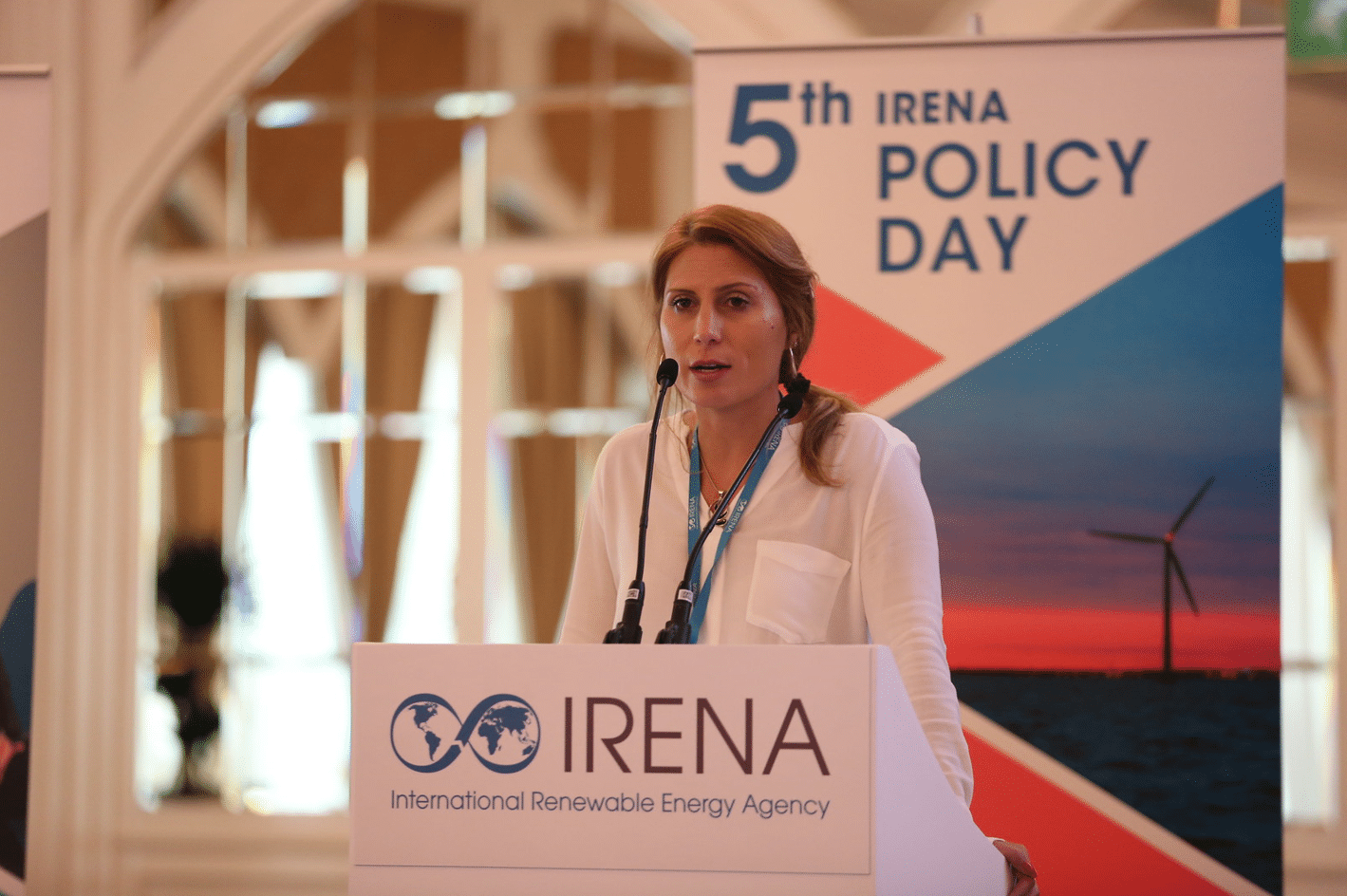Top 10 Next Buzz Use Cases for Solar Energy

Solar energy is a renewable, sustainable, and eco-friendly alternative to traditional fossil fuels.
With the increasing demand for clean energy, solar technology has come a long way in recent years, making it a popular choice across industries.
SOLAR PV MODULE MANUFACTURING PROCESS EXPLAINED – from solar cells to solar panel
Top 10 Next Buzz Use Cases for Solar Energy
Here are the top 10 next buzz use cases for solar energy:
1. Agriculture
Solar energy can provide sustainable solutions for agriculture. Farmers can use solar panels to power irrigation pumps, crop dryers, and other farm equipment.
They can also use solar energy to heat water for livestock and to power electric fences.
2. Transportation
Solar-powered vehicles are not a new concept, but they are becoming more popular as technology advances.
Solar-powered cars, buses, and even planes can help reduce carbon emissions and provide a sustainable alternative to traditional transportation.
3. Water Treatment
Solar energy can provide clean and sustainable solutions for water treatment. Solar-powered water treatment plants can purify water using ultraviolet (UV) radiation, which is a natural disinfectant.
SOLAR PANEL LOSSES: All you Need to Know + Tips on how to avoid them
4. Disaster Relief
Solar-powered generators and lighting systems can provide critical support during natural disasters or emergencies.
They can provide power to hospitals, shelters, and communication systems, even in remote areas.
5. Construction
Solar-powered construction equipment, such as cranes and bulldozers, can help reduce carbon emissions and save on fuel costs. Solar-powered lighting systems can also provide sustainable lighting solutions for construction sites.
6. Education
Solar energy can provide educational opportunities for students. Schools can install solar panels and use them to teach about renewable energy, sustainability, and environmental stewardship.
7. Military
Solar energy can provide sustainable solutions for the military. Solar-powered tents, vehicles, and other equipment can help reduce the military’s reliance on traditional fuel sources and provide critical support in remote areas.
10 Ways of Financing your Solar System
8. Sports
Sports stadiums and arenas can use solar energy to power lighting systems and other equipment. Solar-powered scoreboards and video screens can also provide a sustainable alternative to traditional power sources.
9. Mining
Solar energy can provide sustainable solutions for the mining industry. Solar-powered equipment can be used to power mining operations and reduce the industry’s reliance on traditional fuel sources.
10. Space
Solar energy has long been used to power spacecraft and satellites. As space exploration continues, solar technology will play a critical role in providing sustainable solutions for spacecraft power and propulsion systems.
Y Combinator Startups on Clean Energy and Sustainability
Why Solar Energy is the Future?
Solar energy is becoming increasingly popular as a sustainable and affordable source of energy. With the world moving towards a more sustainable future, solar energy is becoming an essential component of the global energy mix. Below we will explore why solar energy is the future.
1. Sustainable Energy Source
The sun is a renewable energy source that is available every day, and solar panels can harness it to produce electricity. Unlike fossil fuels, solar energy does not produce harmful greenhouse gas emissions that contribute to climate change.
Solar energy is also a clean energy source that does not produce any pollutants, making it a sustainable energy source.
2. Cost-Effective
One of the main reasons why solar energy is the future is its cost-effectiveness. The cost of solar panels and installation has decreased significantly over the years, making it more affordable for homeowners and businesses.
Y Combinator Startups on Clean Energy and Sustainability
Furthermore, solar energy can also help reduce energy bills, as excess energy can be sold back to the grid.
3. Energy Independence
Investing in solar energy can also provide energy independence. Solar panels can be installed on rooftops, providing homeowners and businesses with their own source of energy. This can help reduce reliance on traditional energy sources, such as coal and natural gas.
4. Versatile Applications
Solar energy has a wide range of applications, making it a versatile source of energy. It can be used for a variety of purposes, such as generating electricity for homes and businesses, powering streetlights, and even powering satellites in space.
Solar energy can also be used to power remote locations, such as mining sites and military bases.
Summarizing
Solar energy is the future of energy. It is a sustainable and cost-effective source of energy that can provide energy independence and has versatile applications.
As technology continues to advance, the potential for solar energy to provide sustainable solutions will only continue to grow. Investing in solar energy is not only a smart choice for the environment, but it is also a smart financial choice.
Conclusion
In conclusion, solar energy has many practical and innovative use cases that can benefit a wide range of industries. As technology continues to advance, the potential for solar energy to provide sustainable solutions will only continue to grow.
Follow us on
LINKEDIN, FACEBOOK, TELEGRAM GROUP and WHATSAPP.
WHY SOLAR ENERGY? – 10 reasons to go solar
ABBREVIATIONS IN THE SOLAR ENERGY SECTOR
HOW TO SIZE A SOLAR SYSTEM – 5 clear steps anyone can follow






